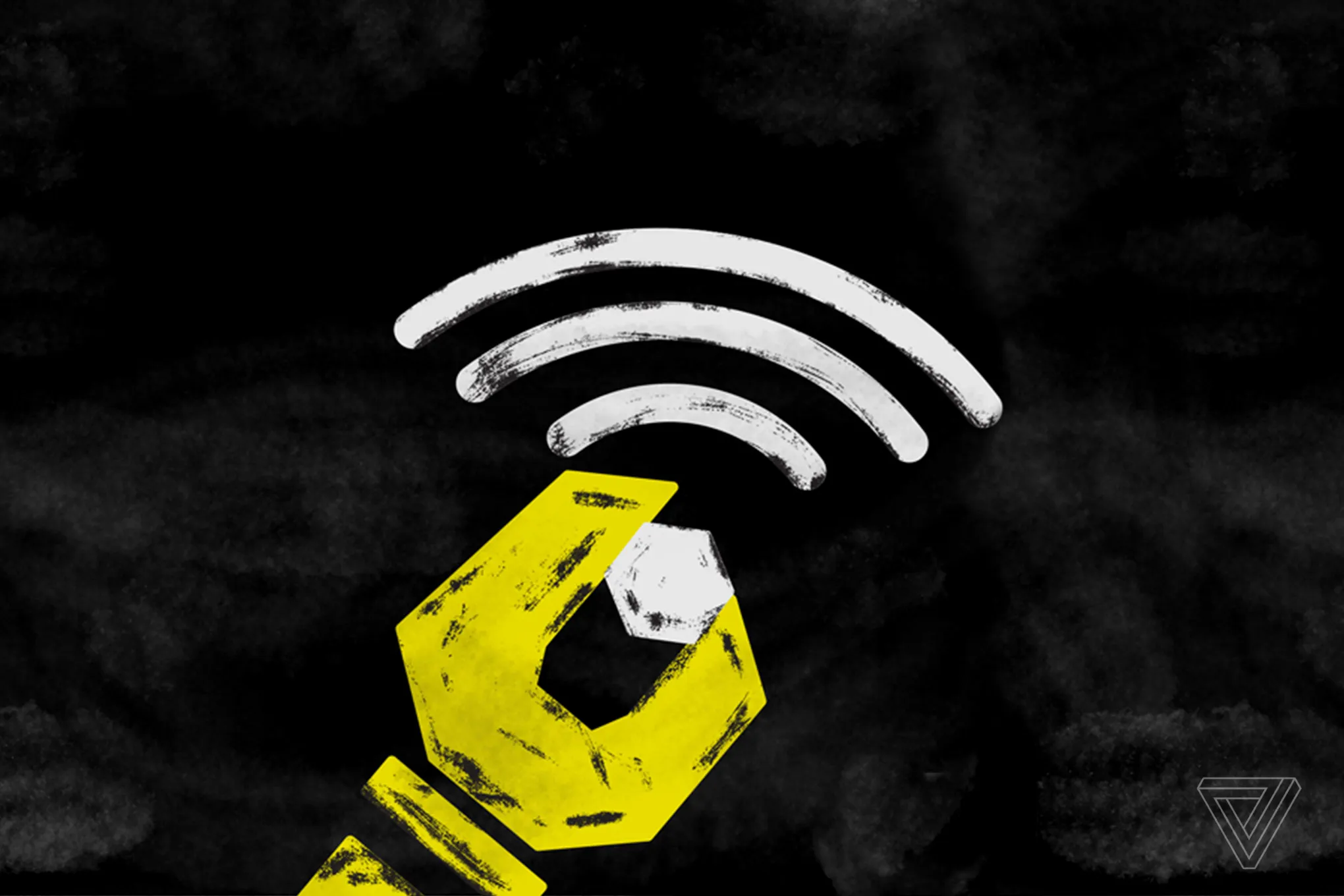The internet, once hailed as a beacon of innovation and open discourse, has reached a critical juncture in its evolution. According to technology scholar Enrique Dans, the internet as we know it has ceased to function as a viable platform for creativity and global connectivity. In a thought-provoking opinion piece, Dans argues that the internet's demise can be attributed to pervasive surveillance, excessive commercialization, and the transformative impact of generative artificial intelligence. He contends that the internet has devolved into a mechanism for relentless data collection, inundated with advertisements and manipulative algorithms, ultimately eroding user privacy and undermining its original purpose.
Dans' critique of the internet's current state is rooted in its evolution from a decentralized space to a tightly controlled ecosystem dominated by corporate interests. The widespread tracking practices and monopolistic control over digital infrastructure have led to a significant erosion of user privacy, rendering the internet an unrecognizable shadow of its former self. The advent of generative AI systems, such as ChatGPT and Google's Gemini, has further disrupted the traditional internet model, reducing reliance on conventional web searches and severely curtailing referral traffic to publishers. This decline has precipitated a financial crisis for many media organizations, which depend on advertising revenue tied to website visits, highlighting the unsustainable nature of the current internet economy.
The statistics are telling, with approximately 60% of Google searches now concluding without users clicking through to external websites. This phenomenon has led to a significant decline in traffic for content-driven businesses, which are struggling to stay afloat in a landscape where advertising revenue is dwindling. Efforts by some AI platforms to redirect traffic to original content creators have proven insufficient, with ChatGPT's 25 million click-throughs to external sites pale in comparison to Google's historical contribution of 9.5 billion clicks. This stark disparity underscores the need for a fundamental reimagining of the digital landscape, one that prioritizes user privacy, transparency, and equitable access.
Dans proposes a bold solution: the deliberate abandonment of the existing internet framework in favor of a new, user-focused digital architecture. He advocates for a decentralized internet that is free from the dominance of a few powerful entities, restoring the internet's potential as a public good. While some experts have expressed skepticism about the feasibility of dismantling and rebuilding the internet, others see the potential for AI to enhance, rather than replace, the existing web ecosystem. Innovative revenue-sharing models and new approaches to digital governance could hold the key to unlocking a more sustainable and equitable internet economy.
As the digital landscape continues to evolve, Dans' critique highlights the urgent need for a reevaluation of the principles governing the internet in the age of AI. The article has sparked robust discourse within technology and policy communities, with reactions ranging from endorsement of Dans' vision to suggestions for incremental reform. Ultimately, the fate of the internet hangs in the balance, and it remains to be seen whether a new foundation can be built to restore its potential as a public good. One thing is certain, however: the status quo is no longer tenable, and a bold new vision is needed to ensure the internet remains a vibrant and inclusive platform for innovation and connection.
In conclusion, the internet's decline is a clarion call for action, a reminder that the digital landscape is not a fixed entity, but a dynamic and evolving ecosystem that requires constant reevaluation and adaptation. As we navigate the uncharted waters of the AI era, it is imperative that we prioritize user privacy, transparency, and equitable access, and work towards creating a more sustainable and inclusive internet economy. By doing so, we can unlock the full potential of the internet as a public good, and ensure that it remains a vibrant and inclusive platform for innovation and connection for generations to come.

